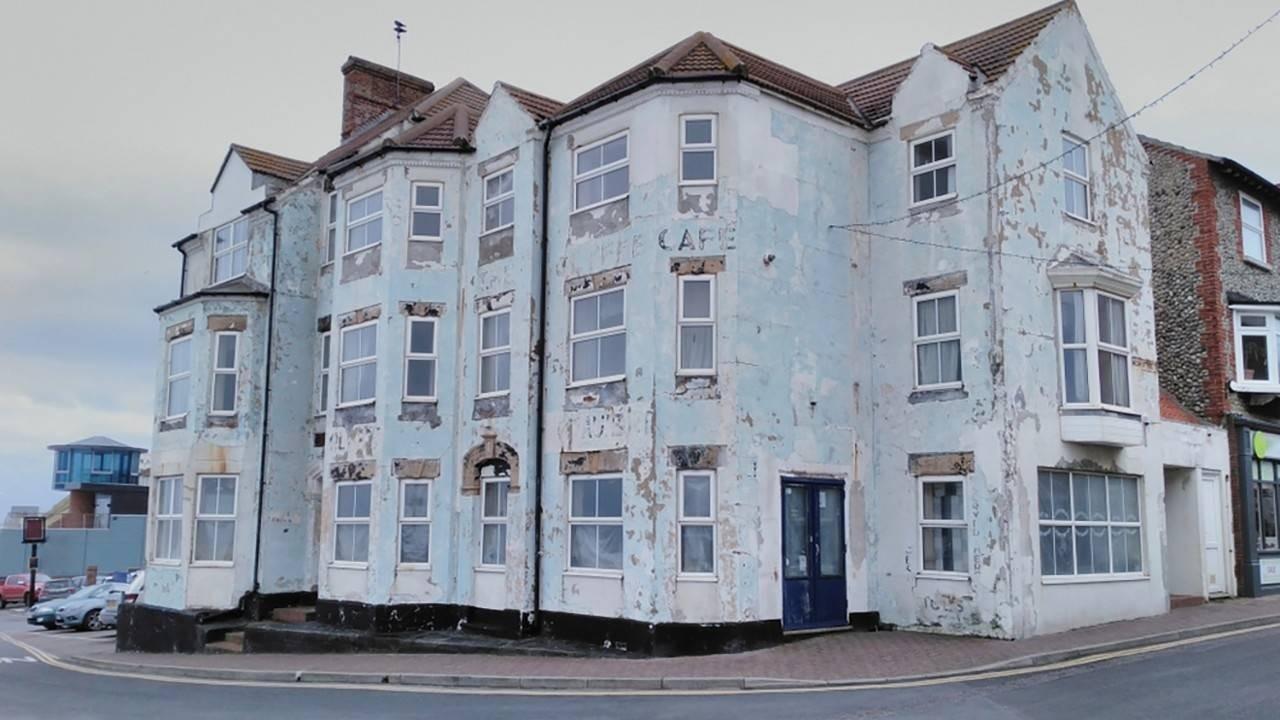Unmortgageable properties – hidden treasures

Unmortgageable properties represent a gold mine of opportunities! But before you jump in you need to understand why they are unmortgageable and which ones have profit hidden in them – and the deals to avoid.
Unmortgageable properties are valuable because:
- There is significantly less competitive buyer interest
- Vendors are already resigned to accepting below asking price offers.
The vast majority of property investors are mortgage-dependent and when a property can’t be mortgaged they walk away. This leaves the field clear for the few investors that have the knowledge of how to buy this type of property.
Better still, not only do mortgage-dependent investors walk away from unmortgageable properties, they often don’t even spot them; they’re not on their radar.
Why is an unmortgageable property such a good deal?
The owners of an unmortgageable property are usually aware that it’s unmortgageable. Often this is because they’ve lost one or more potential buyers already, because the mortgage valuation carried out resulted in the definition ‘unmortgageable’.
Of course, sometimes the condition or situation of the property may make it blatantly obvious that it won’t get a mortgage – and you need to know where the value lies and walk away from the ‘lemons’.
The property owner will know that, if their property is unmortgageable, they have no alternative but to sell to a cash buyer. And cash buyers never pay full price.
You probably think that this will give you a head start in negotiating a deal with a vendor already thinking this way – and you’re right!
The big question is – is it a deal?
To determine whether it’s a deal or not – in other words, is it a project you can make a profit on – you need to ask yourself four key questions:
- What is the problem?
- Can you solve the problem?
- How much will it cost to solve the problem?
- How much will you add to the value by solving the problem?
Having got clarity on the problem, you now need to decide if it is possible to solve the problem. Clearly, not all problems can be solved.
If you can’t solve the problem, then it isn’t a deal and it’s time to say ‘I’m out’ and move on to the next opportunity.
If you can solve the problem, you need to know exactly how much it will cost you to solve it. Just knowing the cost of solving the problem is not enough, you also need to factor in how much value you are adding to the property, just by fixing this issue.
To make it a deal – a profitable project – you need to be sure that solving the problem adds significantly more value to the property than it costs you to do it.
The robustness of your due diligence will be your best defence against making an expensive mistake.
Take care you’re not just taking on someone else’s unsolvable problem, no matter how delighted they will be if you do!
You can learn more by:
- Attending an upcoming webinar - register here
- Booking into a LIVE! 3-day workshop - book your ticket here
- Get instant access to the full programme with the online training - click here for more information




